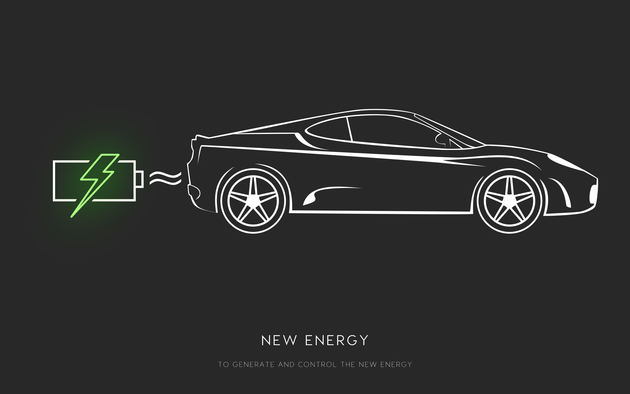
Photo/Shetuwang
Feb.28 (NBD) -- Apple Inc. (Apple) is in talks to buy long-term supplies of cobalt directly from miners for the first time, seeking to ensure it will have enough of the key battery ingredient amid industry fears of a shortage driven by the electric vehicle boom, reported Bloomberg.
Such a move is largely resulted by the surging cobalt prices, which have increased from 20,000 U.S. dollars to 80,000 U.S. dollars per ton within two years.
Market insiders noted that the explosive growth of the NEV market has pushed cobalt prices up. On Feb. 27, NBD learned that midstream and downstream corporations have strong demand for cobalt, and many of them are expanding their capacity.
Battery providers have already felt the pressure of rising cobalt prices, while downstream vehicle producers and electronic products providers are not largely affected at the time being.
An unnamed industry insider said surging cobalt prices have forced battery makers to change the ratio of raw materials, adding more nickels instead.
Downstream firms scrambling to ensure cobalt supply
Ou Zichen, an analyst of Hua Chuang Securities, told NBD that as cobalt reserves are small and unevenly distributed on earth, upstream material vendors play a strong hand in cobalt price setting, creating a monopoly to some extent.
Car manufactures venturing in NEVs are scrambling to purchase cobalt resources directly from miners. Last September, Reuters reported that Volkswagen was moving to secure long-term supplies of cobalt for the group's ambitious electric vehicle plans.
Given the rising demand for cobalt, domestic suppliers have different responses.
Pengxin Global Resource Co. Ltd. is building a cobalt production line, which will be put into operation in the third quarter of this year and is capable of producing 7,000 tonnes annually, according to China Securities Journal. Production of Nanjing Hanrui Cobalt Co., Ltd. will also see significant growth this year. In contrast, China Molybdenum Co., Ltd. has no expansion plan.
A source with a listed company said cobalt demand has kept rising since the second half of last year, which pushed up the cost of downstream vendors.
Battery makers feel pressure
It's interesting to note that battery makers and car manufacturers are also responded differently.
Ou Zichen mentioned that so far, battery makers have already felt the pressure from rising cobalt prices. However, battery prices dipped a little bit due to overcapacity in the domestic market. To date, car manufacturers haven't been affected by rising cobalt prices.
Let's take a look at fiscal results for 2017 of some listed battery makers.
Last month, CHENGFEIJICHENG revised its net profit forcast for last year, saying it might lose 62 million yuan (9.80 million U.S. dollars) to 102 million yuan (16.12 million U.S. dollars) due to smaller-than-expected decline of procurement cost. Hefei Guoxuan High-tech Power Energy Co., Ltd. also cited rising costs of raw materials as a major reason of declining performance in 2017.
In such case, battery providers are switching to new plans. In a report released in August 2017, UBS said it believed that Tesla was working with Panasonic to develop a battery with about 85 percent nickel, a 5 percent rise as compared to the previous ratio.
An industry insider told NBD if changing material ratio does not affect battery performance, using more nickel will be more cost-effective.
The price of nickel is about 100,000 yuan (15,799.29 U.S. dollars) per ton at present in China, one sixths of that of cobalt per ton.
In addition, Chinese authorities have issued guidance to recycle used batteries, which will drive the recycling of cobalt resources.
However, it will be a while before the wide recycling of power batteries. In the short term, recycling used batteries will be hard to reduce prices of metal materials like cobalt.
Email: tanyuhan@nbd.com.cn


 川公网安备 51019002001991号
川公网安备 51019002001991号





